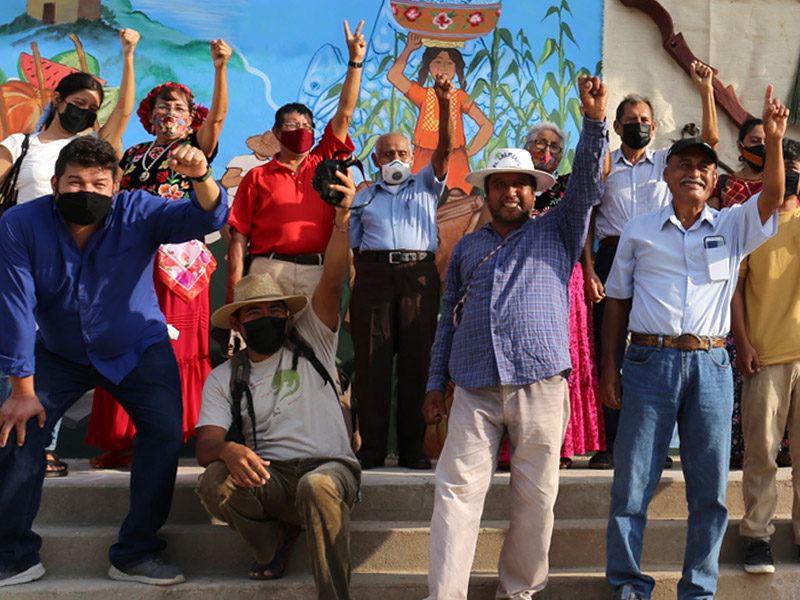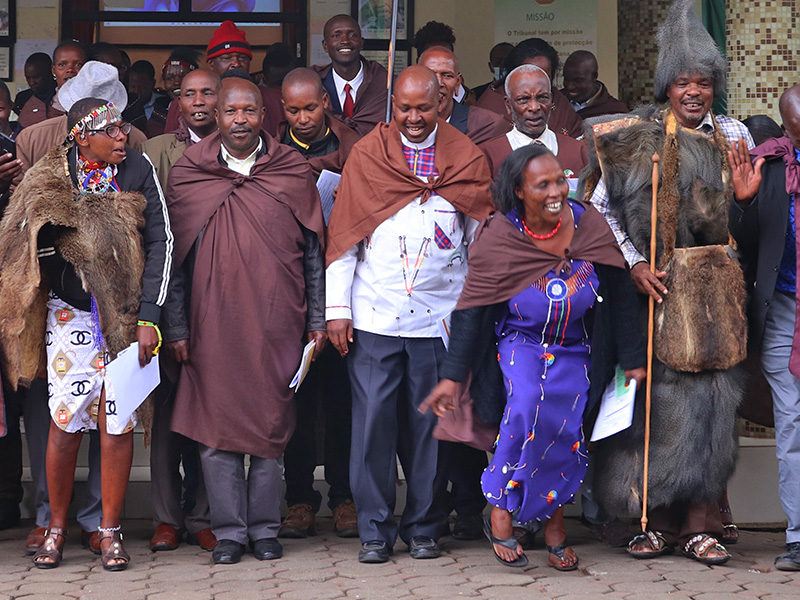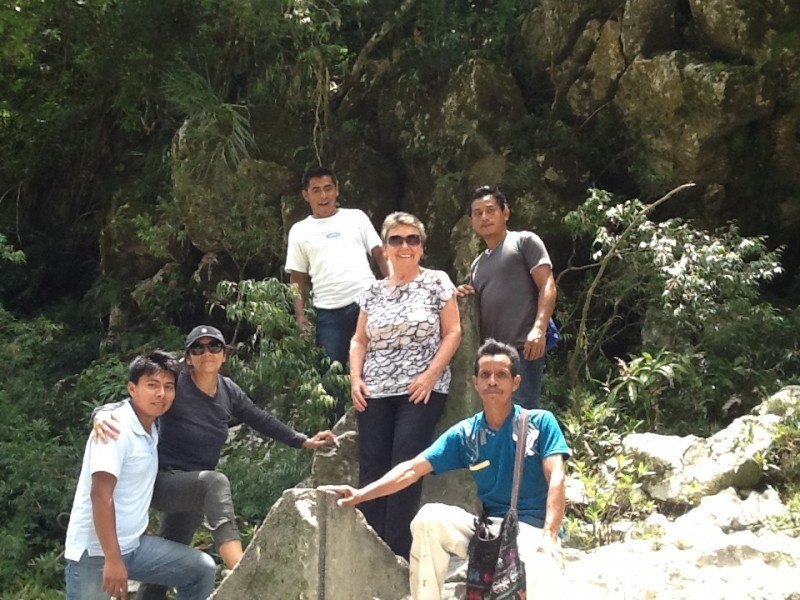Today is UN World Environment Day! On World Environment Day, we’re joining millions around the world to encourage awareness and action for the protection of our environment.
AJWS is proud to support activists fighting to protect the environment in countries around the world. We aid communities and movements organizing to protect the land, water and natural resources that people depend on for their survival. These advocates are working to stop damaging projects and insisting that local communities be consulted in and benefit from economic development. Together, these advocates and communities are building powerful social movements to ensure the ethical use of their natural resources. Learn more about AJWS’s support for land and water rights here.
Check out our photos below to learn about the activists AJWS supports who are fighting to protect the environment and advancing human rights around the world.
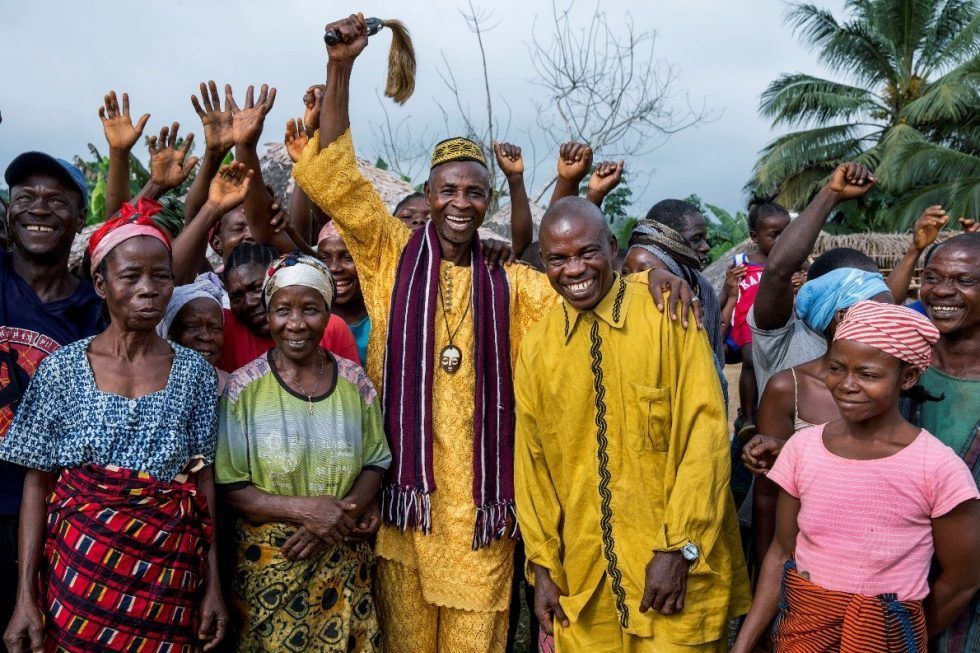
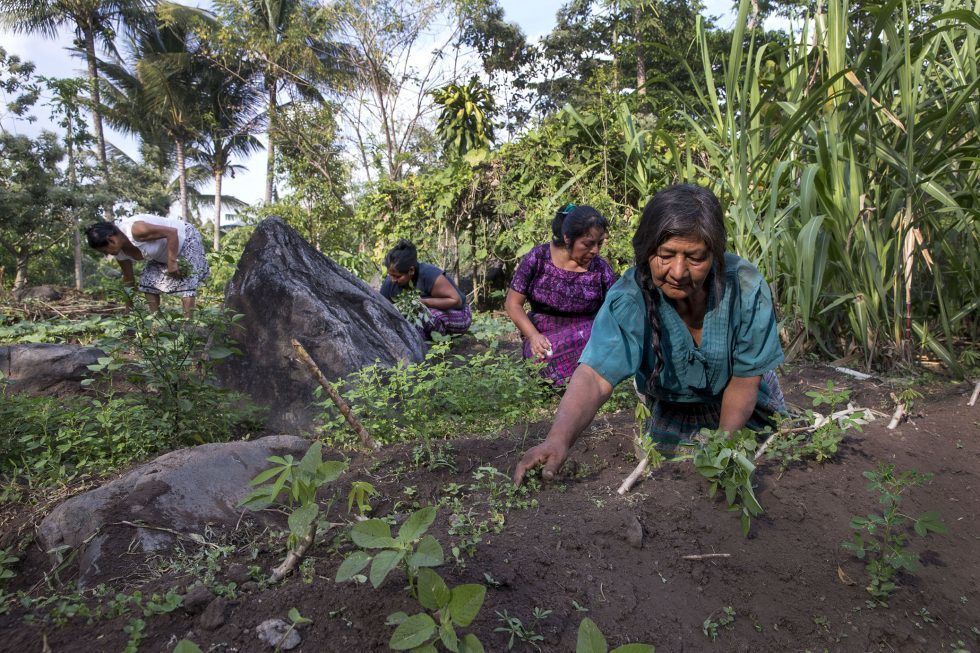
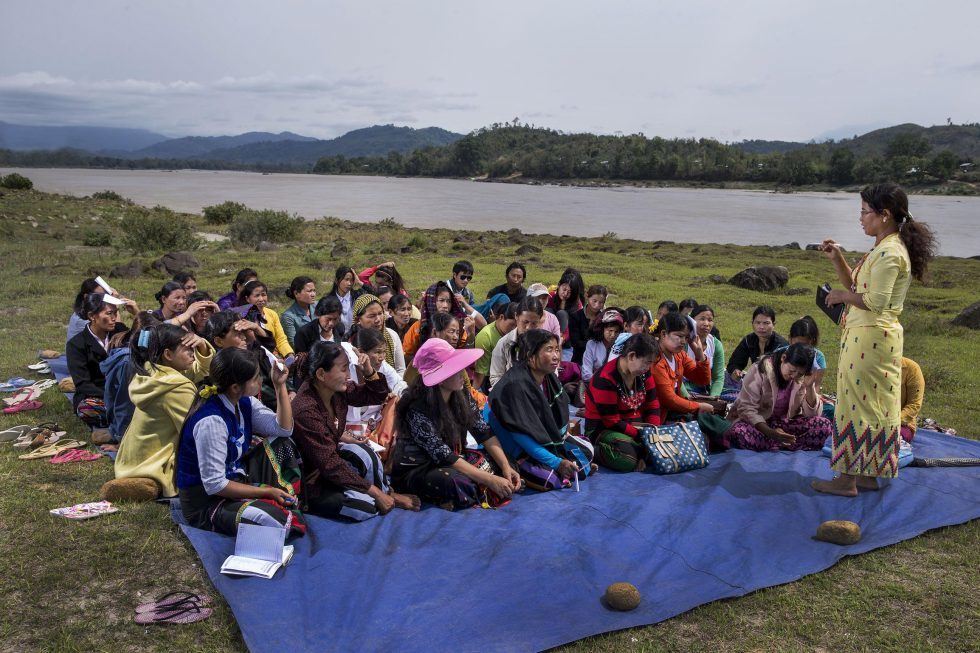
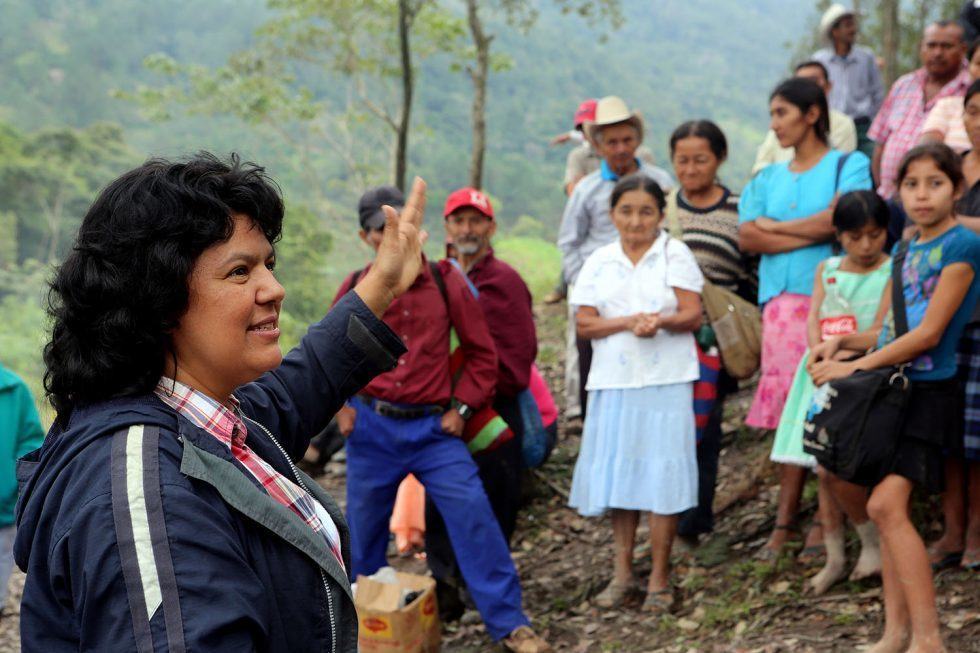
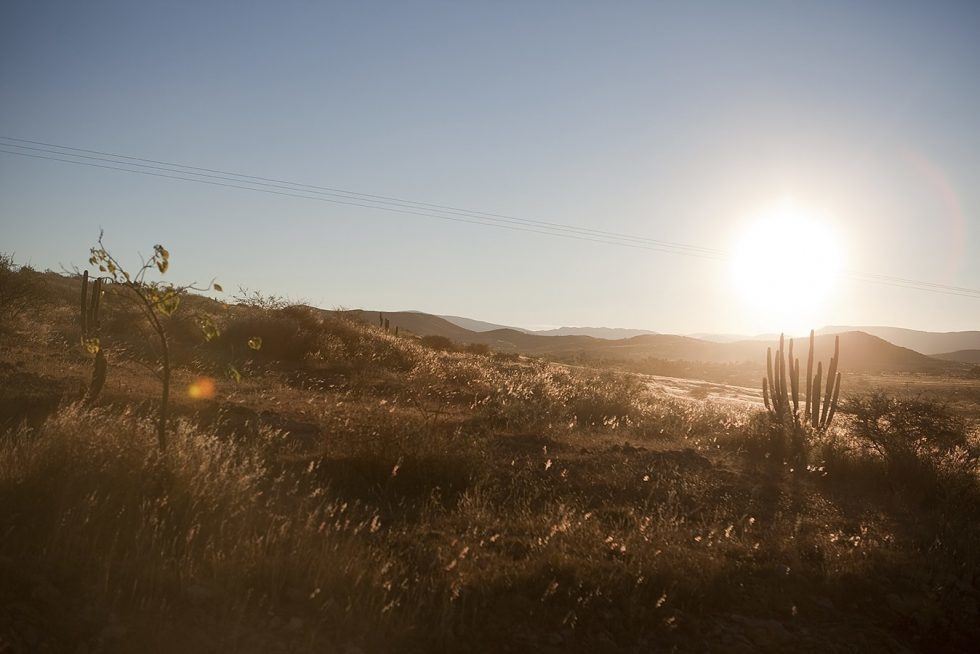
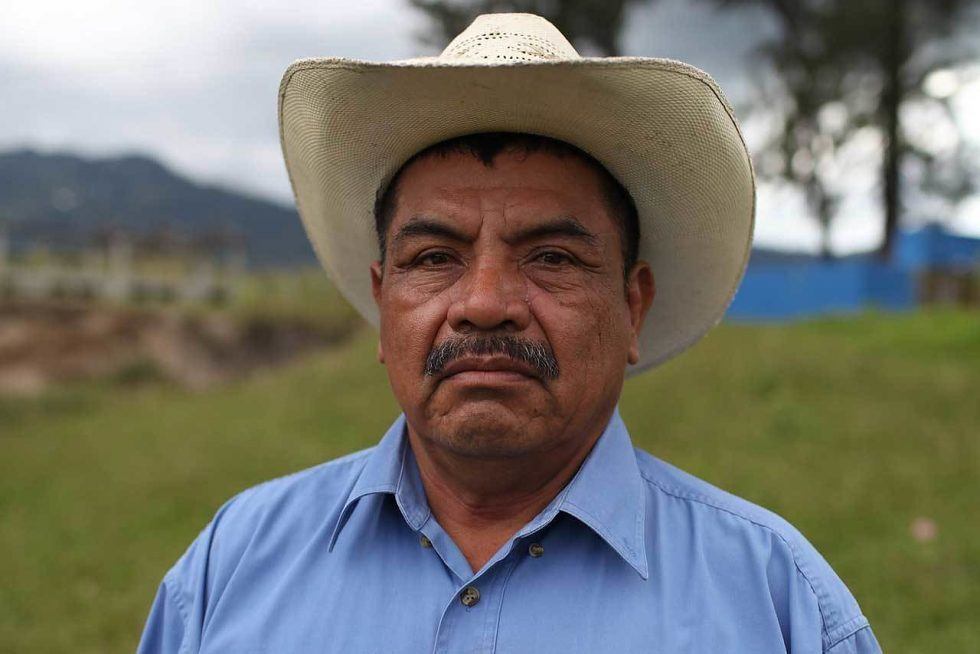
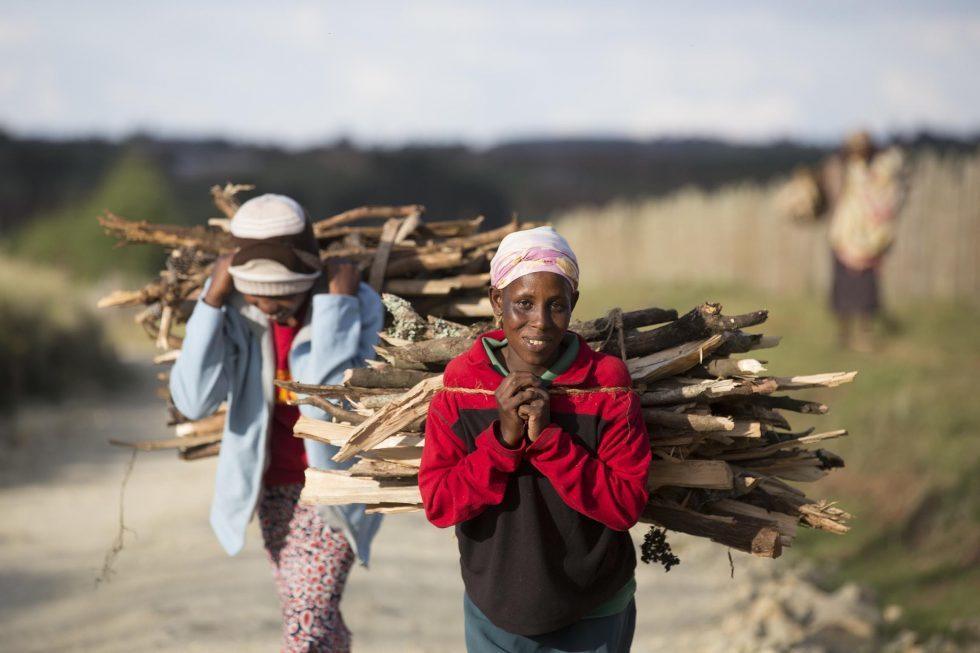
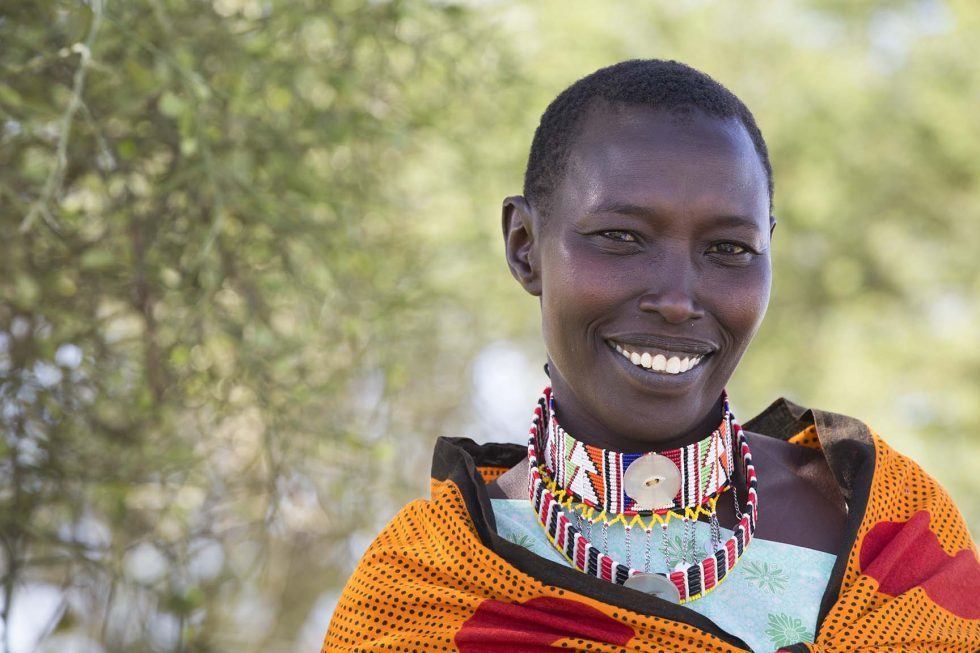
AJWS’s work in countries and communities changes over time, responding to the evolving needs of partner organizations and the people they serve. To learn where AJWS is supporting activists and social justice movements today, please see Where We Work.


